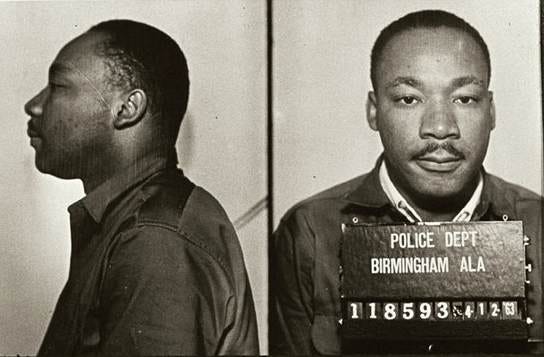Lessons from Birmingham Jail
Sixty years since MLK's epistle
Sixty years ago this month, Martin Luther King Jr. sat inside a jail cell in Birmingham, Alabama and started to write on napkins, newspaper, toilet paper, and whatever other scraps he could find. “If I sought to answer all of the criticisms that cross my desk,” the Baptist pastor and civil rights activist began, “my secretaries would be engaged in little else in the course of the day, and I would have no time for constructive work.” But King decided that the time had come to respond to his critics and discharge his mind: on the nature of nonviolent protest against lingering injustice, on the dehumanizing effects of segregation, and, perhaps most of all, on the disappointment he felt in the church of Jesus Christ in the United States.
While it’s often taught as a significant political manifesto in U.S. history, or as a model of persuasive writing in composition courses, King’s Letter from Birmingham Jail is also a profoundly Christian document: the closest thing to a Pauline epistle that the American church has ever produced.1 Christianity Today and The Christian Century don’t always agree, but both flagship Protestant magazines published 60th anniversary tributes to Letter from Birmingham Jail this month.
That letter is so important that I find myself teaching it at least twice a year, as the opening reading in Bethel’s foundational gen ed course on Christianity and Western Culture. And when you teach something that often, even professors find themselves learning lessons. At least three of them:
Keep reading with a 7-day free trial
Subscribe to The Pietist Schoolman to keep reading this post and get 7 days of free access to the full post archives.


